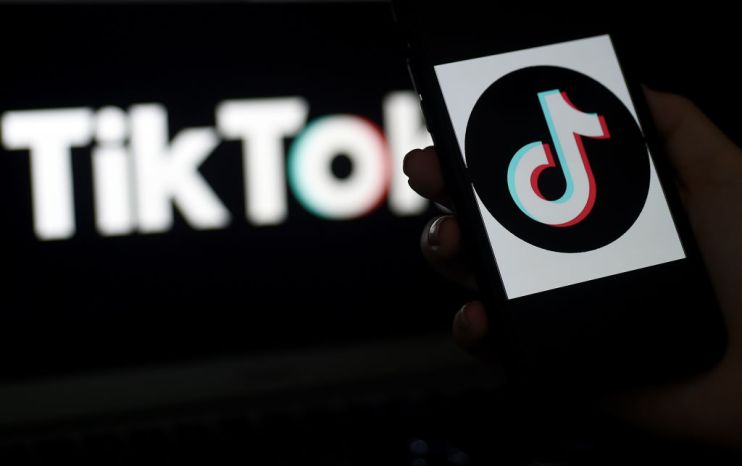Tory MPs amp up pressure for UK ban on Tiktok

A group of senior Conservative MPs have warned that Chinese social media app Tiktok is”’as much a threat to Britain” as banned telecoms firm Huawei, as tensions between London and Beijing continue to sour.
The government last week announced it will introduce a ban on new Huawei products from the UK’s 5G network from next year, and ordered all existing Huawei kit to be stripped from British networks by 2027 in a major U-turn.
The move followed mounting pressure from both Tory backbenchers and US President Donald Trump to U-turn on a deal with Huawei over concerns technology made by the telecoms firm could be used by Beijing for state spying. Huawei has repeatedly denied the claims.
Former Conservative party leader and current backbencher Iain Duncan Smith today urged the government to continue its censure of Chinese firms over national security concerns, and called on the PM to ban Tiktok’s operations in the UK.
Duncan Smith said: “Chinese social media app Tiktok is as much of a threat to the UK as Huawei. I think the service should be banned because of its proximity to Chinese intelligence services raising real serious concerns, as big as with Huawei over the role that they play.”
Tiktok is one of the world’s most popular apps, with upwards of 1.5bn downloads around the globe. The social media platform, which is hugely popular among under-25s, allows users to make videos up to 15 seconds long.
However, the video streaming app is owned by Chinese company Bytedance — a technology firm that has raised eyebrows over its alleged ties to the Chinese Communist Party.
Earlier this month India banned Tiktok, along with 58 other Chinese apps, over claims that they “pose a threat to the sovereignty and security” of the country by handing over user data to the Chinese state.
The US last week added that it was looking at banning the app within “weeks, not months,” as tensions between Washington and Beijing continue to escalate.
Tiktok has denied accusations that it is controlled by the Chinese government. Theo Bertram, Tiktok’s head of public policy for Europe, the Middle East and Africa, told the BBC today that “the suggestion that we are in any way under the thumb of the Chinese government is completely and utterly false.”
However, Tory MPs have continued to voice concerns that data collected by the social media platform may be passed on to Beijing officials.
Bob Seely, Conservative MP and member of the Huawei Interest Group, said there are “very significant political and data privacy issues” with Tiktok.
“I would certainly have a look at it and if other countries are doing the same thing we need to be careful about it,” he added.
Tom Tugendhat, chairman of the foreign affairs committee, cautioned that relationships formed with foreign companies should be carefully considered.
“Democratic nations need to be more aware of the partners they’re working with and the reputations they have in their own countries,” he told The Times.
It comes as US secretary of state Mike Pompeo will hold talks with Seely and other Tory China hawks tomorrow in a bid to push a tougher stance on Beijing. Pompeo has previously called for a total US ban on Tiktok.
Jamie MacEwan, analyst at Enders Analysis, told City A.M: “Tiktok is a short video app, a very different product to the essential infrastructure provided by Huawei… However, like other Chinese tech companies, the app’s owner Bytedance is ultimately answerable to the ruling Communist Party and questions remain about its data practices.
“The app says it has never provided data to the Chinese government, yet it faces an investigation into its data processing by the European Data Protection Board and was recently banned in India over data security concerns.”
MacEwan added: “This may be a storm TikTok cannot ride out. The question is what action is acceptable to the US, by far its most important market after being shut out of India. Becoming an American company to avoid a ban, as suggested by Trump’s chief economic adviser, would be a watershed moment.
Before the Open: Get the jump on the markets with our early morning newsletter